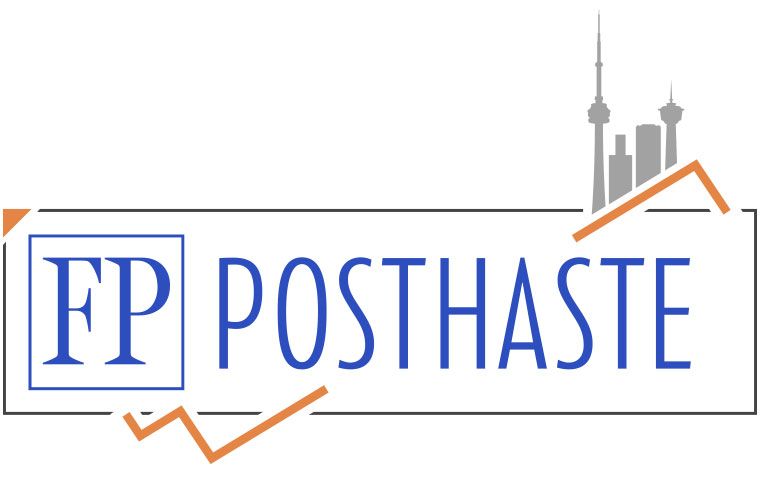Tax risk is the chance that your tax liability will be higher than expected. It’s worth considering because it can be a significant expense. There are many ways to reduce or eliminate this risk, but knowing about these opportunities ahead of time can help you plan and save for them in advance.
In this article, we’ll look at what is tax risk, how to avoid them, and some other ways you can reduce your exposure.
Tax risk explained
Tax risk is the possibility that your tax liability could be higher than expected. This can happen if you make different choices about how to claim deductions, or because the market value of an asset you hold has increased since you acquired it. While certain kinds of assets are tax-free, many increase your tax liability when you sell them. This is because you’ll have to pay capital gains tax on the increase in value.
What causes tax risk
Tax risk can be the result of different choices made at different times. You might have been entitled to a deduction, but decided not to claim it. Or you may have failed to report an expense altogether. Alternatively, your assets could increase in value after acquisition without your realizing it until you sell them.
Here are some of the factors that cause tax risk
- Uncertainty about the applicable tax laws
- Unclaimed deductions
- Assets whose value has increased since purchase
- Economic changes
How to avoid tax risks
The most effective way to reduce your tax liability is by claiming all allowable deductions. Make sure you claim all allowable deductions, and any excess will reduce your tax. You can find out about what is deductible by consulting with a professional tax advisor or online sources.
You can also reduce the chance of facing higher than expected taxes because of assets that have increased in value since purchase by keeping records for every taxable property you own. This will enable you to work out your basis, which is the original value of an asset plus all additions and minus any deductions for wear and tear or depreciation.
If your tax risk has increased because of economic changes, such as a decrease in income or employment, this can often be reduced by asking the IRS for a quick refund of estimated tax. This will ensure that you don’t end up owing more than expected at the end of the year.
What are other ways to reduce your exposure
Having a financial cushion can help in unexpected circumstances because it gives you some flexibility when things go wrong. If you don’t have this sort of safety net, then building one is one of the most important ways to reduce tax risk. It doesn’t have to take a long time, and it’s an easy way to ensure that you won’t face difficult financial circumstances.
Another option is starting your own business. This can help you get some employment while also allowing you to claim some expenses in order to reduce your tax liability. Additionally, if you work for yourself, then your income is more likely to be stable over a while.
Conclusion
Tax risk is the chance that your tax liability will be higher than expected. It can be significant, and there are many ways to reduce it. Regularly consulting with a professional tax advisor or online services can ensure you fully claim all allowable deductions and reduce your exposure to economic changes. You can also build up a financial cushion and start your own business to reduce taxes.
Further questions
What's your question? Ask it in the discussion forum
Have an answer to the questions below? Post it here or in the forum


